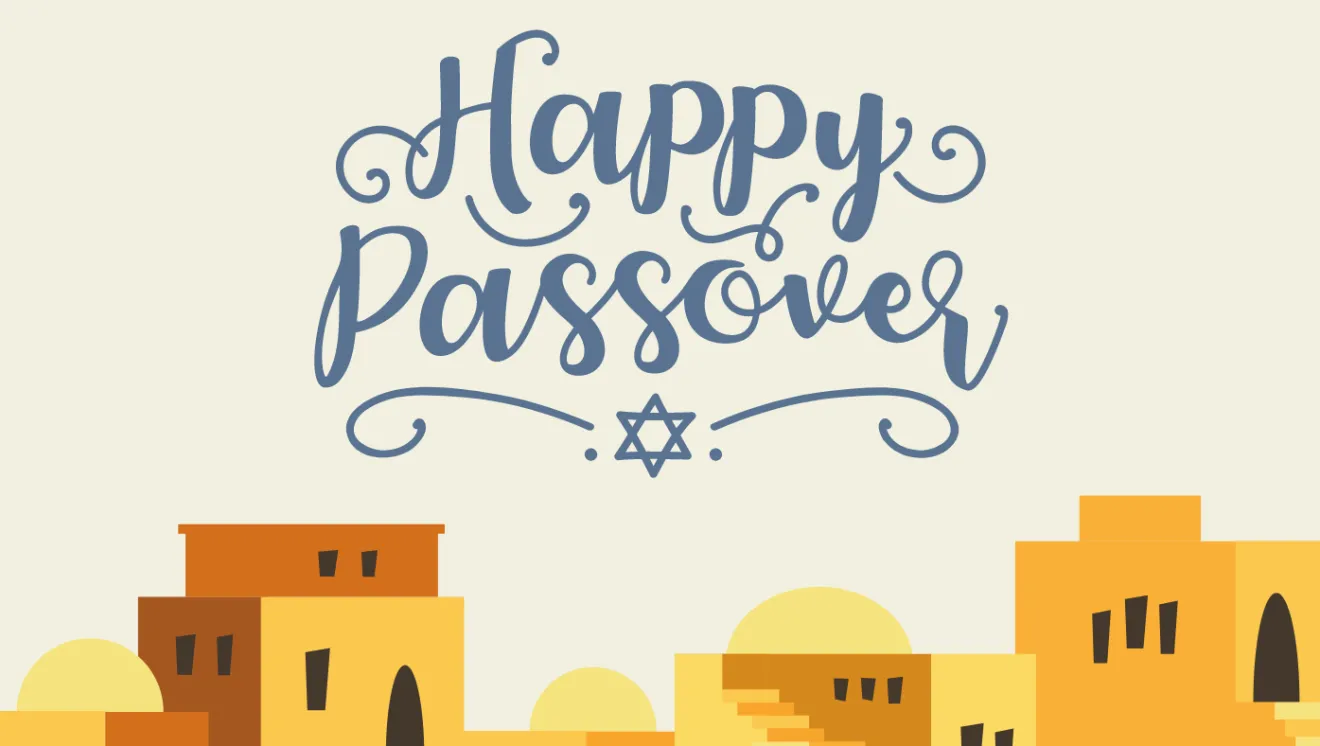Celebrating Passover
- News

Exploring the Rich History and Traditions
Passover, known in Hebrew as Pesach, is a significant Jewish holiday that commemorates the liberation of the Israelites from slavery in ancient Egypt. Lasting for seven or eight days depending on tradition, Passover is steeped in history, tradition and symbolism. It is one of the most widely observed Jewish holidays worldwide.
The origins of Passover can be traced back over 3,000 years to the biblical story recounted in the Book of Exodus in the Old Testament. According to Jewish tradition, the Israelites were enslaved in Egypt under the Pharaoh's rule. Through a series of miraculous events and with the leadership of Moses, they were ultimately freed from slavery. The name "Passover" itself derives from the tenth plague described in Exodus, during which God passed over the homes of the Israelites, sparing their firstborn sons from death.
Passover is marked by several rituals and observances, many of which are deeply rooted in tradition and symbolism.
The Seder: The focal point of Passover observance is the Seder, a special meal held on the first two nights of the holiday (in most Jewish communities outside Israel). During the Seder, participants retell the story of the Exodus through the Haggadah, a text that guides the proceedings. The Seder plate holds symbolic foods such as bitter herbs (maror), representing the bitterness of slavery, and charoset, a sweet mixture symbolizing the mortar used by the Israelite slaves.
Matzah: Central to Passover observance is the consumption of matzah, unleavened bread, which symbolizes the haste with which the Israelites fled Egypt, leaving no time for their bread to rise. Eating matzah throughout the holiday serves as a reminder of their journey to freedom.
The Four Questions: Traditionally recited by the youngest person present at the Seder, the Four Questions (Ma Nishtana) prompt a discussion of the significance of the holiday and its rituals, fostering intergenerational dialogue and learning.
The Afikoman: A piece of matzah, known as the Afikoman, is the last thing eaten during the Seder. To encourage children to stay awake and alert until this final step, it may be used in a game, however exact traditions vary. The Afikoman may be hidden for the children to find, or it may be “stolen” by the children and ransomed back.
If you want to wish someone a happy Passover, a traditional greeting during the eight days of Passover is “חַג פֵּסַח שַׂמֵחַ” or “Chag Pesach Sameach,” which means Happy Holiday of Passover!
While Passover retains its traditional elements, contemporary observance often incorporates modern interpretations and practices. Many families personalize their Seders with creative readings, songs, and discussions relevant to contemporary social justice issues. Additionally, some Jewish communities host communal Seders open to people of all backgrounds, emphasizing themes of inclusivity and hospitality.
Passover serves not only as a commemoration of historical liberation but also as a time for reflection, renewal and recommitment to the values of freedom and justice. Through its rich history, enduring traditions and timeless messages, Passover continues to resonate with Jewish communities around the world, uniting generations in the celebration of freedom and the hope for a brighter future.





